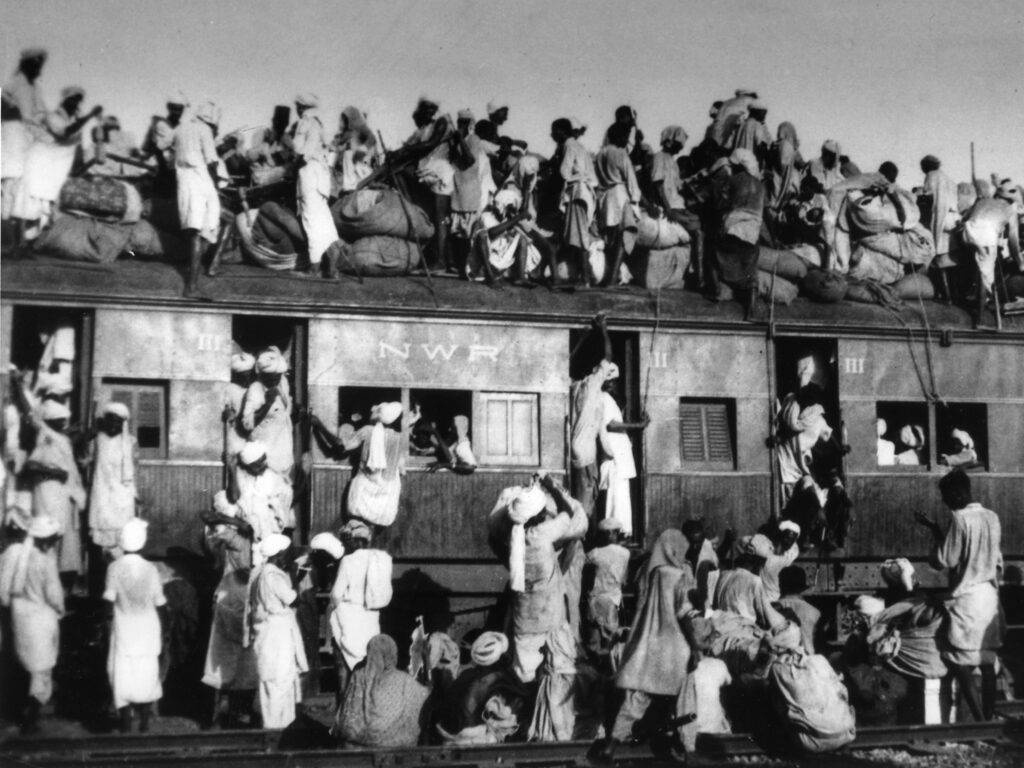
The Indo-Pak separation in 1947 is a significant event in history, marking the creation of two separate nations and reshaping the lives of millions. While many aspects of this historical episode are well-known, there are numerous untold facts and stories that have remained hidden over the years. This article aims to delve deeper into the untold truths of Indo-Pak separation, shedding light on lesser-known details that shaped the destiny of the two nations and their people.
Historical Background of Indo-Pak Separation
Colonial Rule and Movements for Independence
To comprehend the events leading to the partition, it’s crucial to explore India’s colonial past and the struggle for independence. The British colonial rule played a pivotal role in shaping the dynamics between different religious and cultural communities within the region. Indo-Pak Separation

Emergence of Two Nations
The demand for a separate Muslim state led to the emergence of Pakistan, championed by Muhammad Ali Jinnah and the All-India Muslim League. Understanding the factors that contributed to this demand is essential in grasping the complexities of the partition. Indo-Pak Separation
The Role of Key Leaders
Mahatma Gandhi’s Influence
Mahatma Gandhi, the father of the Indian independence movement, played a vital role in advocating for a united India. Exploring his efforts and interactions with other leaders provides valuable insights into the dynamics of the freedom struggle. Indo-Pak Separation
Muhammad Ali Jinnah’s Vision
Muhammad Ali Jinnah’s vision of a separate Muslim state took shape through his unwavering determination and political acumen. Unraveling the lesser-known aspects of his life and ideology can provide a comprehensive understanding of the partition’s roots. Indo-Pak Separation
Partition: A Painful Reality
Mass Migrations and Displacement
The partition resulted in one of the largest human migrations in history, with millions of people forced to leave their homes and cross borders. Examining the stories of displacement and the struggles faced by refugees helps us grasp the scale of the tragedy.

Muslim refugees crowd onto a train as they try to flee India near New Delhi in September 1947. Some 15 million people crossed new borders during the violent partition of British-ruled India. At times, mobs targeted and killed passengers traveling in either direction; the trains carrying their corpses became known as “ghost trains.”
Violence and Communal Riots
The partition was marred by violence and communal riots that caused immense loss of life and property. Uncovering the lesser-known incidents of brutality helps us recognize the grave consequences of such divisions.
Untold Stories of Courage and Resilience
Surviving Amidst Chaos
Amidst the chaos and devastation, stories of courage and resilience emerged. Highlighting these tales of survival can inspire and honor the indomitable human spirit.
Humanitarian Efforts and Acts of Kindness
Even in the darkest times, there were instances of humanity shining through. Exploring the efforts of individuals and organizations that provided aid and support brings forth the power of compassion.
Impact on Culture and Heritage
Shared Traditions and Diverging Paths
The partition not only divided geographical territories but also had a profound impact on cultural and societal norms. Recognizing the shared heritage and the diverging paths of India and Pakistan offers valuable insights.
Cultural Exchanges Between India and Pakistan
Despite the political differences, there have been instances of cultural exchange between the two nations. Exploring the influence of each other’s art, music, and traditions helps in understanding the complexities of their relationship.
The Aftermath: Relations and Challenges
Indo-Pak Relations Post-Partition
The relationship between India and Pakistan post-partition has been marked by conflicts, wars, and diplomatic challenges. Examining key events and decisions can shed light on the evolving relations between the two nations.
Kashmir Issue and Its Repercussions
The contentious issue of Kashmir has been a significant point of contention between India and Pakistan. Understanding its origins and ongoing implications is essential in comprehending the complexities of the region.
Legacy and Lessons Learned from Indo-Pak Separation
Lessons for Future Generations
The partition of India and Pakistan offers profound lessons for future generations. Reflecting on these lessons can guide us in building a more inclusive and peaceful world.
Reconciliation and Moving Forward
Reconciliation between India and Pakistan is a complex process. Exploring the efforts and initiatives aimed at fostering peaceful relations can offer hope for a better future.
Conclusion
The untold facts of Indo-Pak separation bring to light the lesser-known aspects of a pivotal moment in history. By understanding the complexities, legacies, and stories of courage, we can honor the past while striving for a brighter and more harmonious future.
FAQs About Indo-Pak Separation
Q: What was the main reason behind the partition of India and Pakistan?
A: The demand for a separate Muslim state, championed by Muhammad Ali Jinnah, led to the partition.
Q: How did Mahatma Gandhi contribute to the independence movement?
A: Mahatma Gandhi played a pivotal role in advocating for a united India and leading nonviolent resistance against British rule.
Q: What were the consequences of the partition in terms of displacement?
A: The partition resulted in one of the largest human migrations in history, with millions forced to leave their homes.
Q: Are there any instances of cultural exchange between India and Pakistan?
A: Despite political differences, both nations have influenced each other’s art, music, and traditions over the years.
Q: What are some initiatives for promoting reconciliation between India and Pakistan?
A: Various efforts and initiatives aim to foster peaceful relations and promote dialogue between the two nations.













